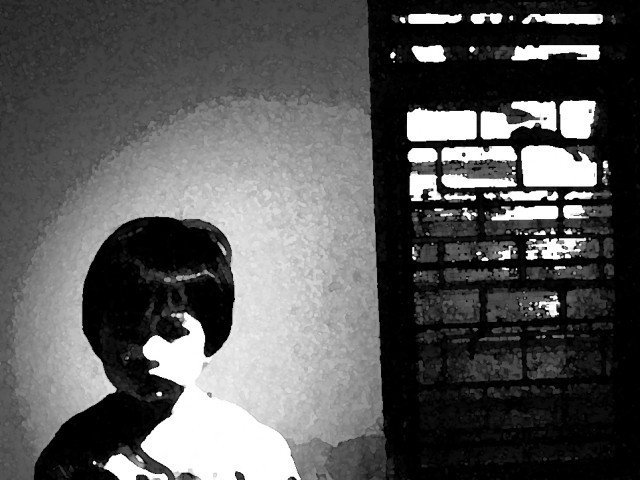
school syllabi.
According to medical experts at the session on Saturday, trauma cases had increased by 17% in the last nine years, at “an alarming rate”. They said since Khyber-Pakhtunkhwa was not well-equipped to deal with students who had developed severe cases of trauma in the aftermath of the Army Public School attack, parents feared sending their children to schools. Students were also equally reluctant to leave
their homes.
While addressing doctors and other health professionals, Professor Dr Khalid Mufti said K-P did not have a single child psychiatrist. “Trained and specialised individuals from other parts of Pakistan — also from other countries — have to step in,” he said.
He added the incidence of depression had increased due to ongoing militancy and drone strikes in the region. “Suicide bombings have also become more rampant which also adds to the menace,” said Mufti.
Propositions and solutions
According to Dr Mufti, the aim of the programme was to come up with ideas and ways to introduce trauma and stress relieving courses to primary-level students.
Talking to The Express Tribune, Mufti said, “We need to include these courses not just in schools but also at religious seminaries.” He said these recommendations were made to Khyber University of Health Sciences.
World Psychiatric Association (WPA) Child and Adolescent Psychiatry Section Co-chair Dr Gordana Milavic said since a large number of children and their families were under stress and trauma, a global partnership was needed to help establish capacity building programmes in the country.
“To increase the speed of facilitation, teachers, youth and nurses should learn and train others,” she said. Milavic said while including courses to help deal with trauma into the curriculum would be a good step, the focus should be on crafting them locally.
In the past
A seminar was held on post-trauma management at Ibadat Hospital in Nishtarabad on Wednesday. The speakers were of the view that although a four-month course on trauma psychology, along with school mental health management, had become part of the courses offered in different universities, the problem will only be ameliorated if ‘trauma counseling’ was taught as a separate subject.
Published in The Express Tribune, October 4th, 2015.












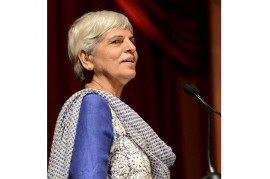
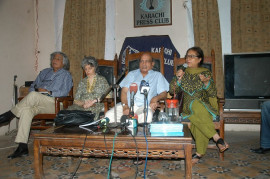


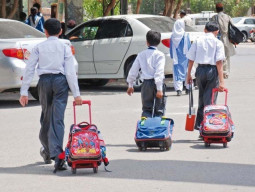

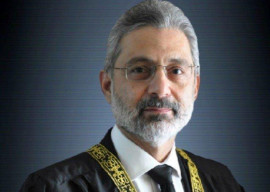
















COMMENTS
Comments are moderated and generally will be posted if they are on-topic and not abusive.
For more information, please see our Comments FAQ